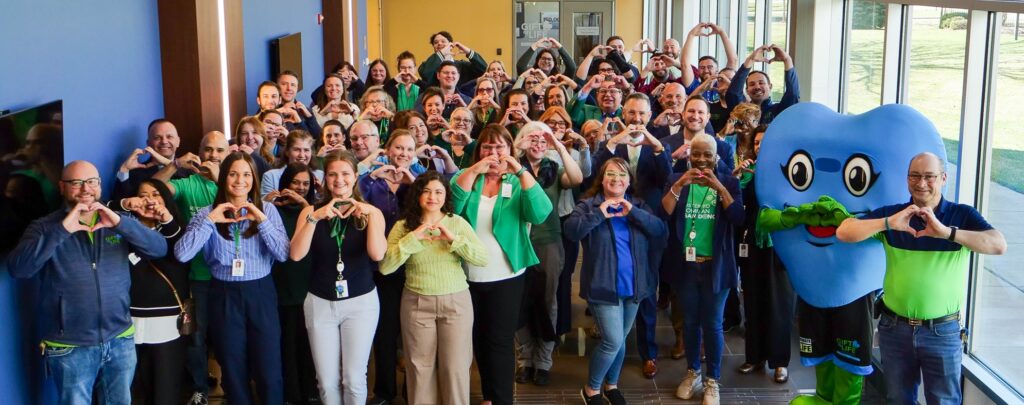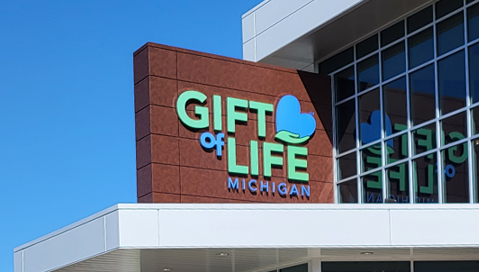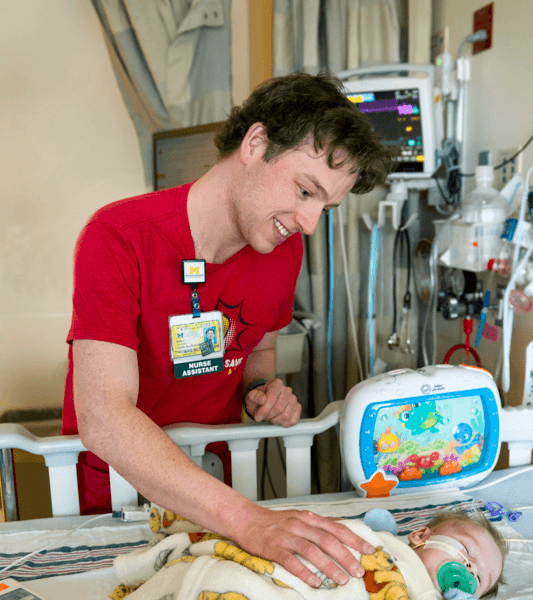There are several tissues that one can donate to save lives. This includes cornea, tendons, veins, skins, and bones. We usually hear much about organ donation, but tissue donation is quite different. Unlike organs, which require immediate transfer to the recipient, donated tissues can be processed and stored for a long period. The donated tissue is then used to save patients with severe burns, restore mobility in military personnel injured in combat, allow athletes with torn tendons and ligaments to regain strength, and more.
There are several aspects when it comes to tissue donation, which we hope to go over today at Gift of Life Michigan. Keep reading to learn more about how a simple act such as tissue donation can save a life.
Tissues that can Be Donated
The following is a list of the types of tissues that can be donated and their surgical applications:
- Tendons: The tendons and ligaments are crucial in connecting muscles to bone. Donated tendons help rebuild the recipient’s joints, restoring their ability to move.
- Corneas: Damage corneas can result from congenital disabilities, eye diseases, or eye injury. However, cornea donation can help restore the vision of anyone with a damaged cornea. One cornea donation can help restore sight for two people, making it a remarkable gift to leave and help the recipients.
- Heart Valves: Donated heart valves help restore heart valve tissues that don’t open fully, restrict blood flow, and treat heart disease.
- Veins: Donated veins are commonly used in surgical procedures to supplement, replace, or restore diseased, missing, or poorly functioning vessels. It includes the femoral vessels, aortoiliac artery, and saphenous veins.
- Skin: Donated skin is used as temporary wound dressing for severe burns until the victim’s skin can heal. It can also be used as a skin graft.
Musculoskeletal tissues: Donated musculoskeletal tissues can replace or graft bones lost due to cancer, catastrophic accidents, or other diseases. It can also be used to prevent amputation. - Nerves: A donated nerve can bridge or replace a portion of a patient’s nerve and allow it to regenerate.
Why Tissue Donation Matters
It’s essential to consider tissue donation. It can save and heal patients suffering from various injuries and diseases. The simple act of signing up for tissue donation not only affects one person but can make a difference in multiple lives at once long after the donor has passed, leaving a positive impact on lives for years to come. Registering as a tissue donor leaves a good legacy about you and allows others to maintain their quality of life. Some of the ways that tissue donation can help save another person’s life include the following:
- Treating severe burns
- Restoring blood circulation in the body through vein donation
- Repairing cleft palates
- Rebuilding joints through tendon donation
- Preventing the need for amputation through musculoskeletal tissue donation
- Completing mastectomy reconstruction
Again, it’s crucial to note that tissue donation can aid in healing and recovery in various ways. Registering as a donor brings hope to many patients and families who cannot afford alternative medical procedures.
What Does the Tissue Donation Process Look Like?
A typical tissue donation process takes the following steps:
- Once a patient in a hospital has been confirmed with brain death, which is irreversible, Gift of Life Michigan is contacted to assess if the patient is suitable for organ donation.
We check the Michigan Organ Donor Registry to see if the patient had expressed their wish to donate. If they haven’t, we offer the family the opportunity to donate the patient’s organs and tissue. - Once authorization is given, we keep the donor on a ventilator and stabilize them with fluids and medication. We conduct tests and speak with the donor’s legal next-of-kin to evaluate the health and suitability of each organ for transplantation.
- The donor may stay at the hospital or be transferred to our surgical center in Ann Arbor.
- Surgical teams arrive, and the donor is taken to the operating room while still on the ventilator. Before the surgery begins, we observe a moment of silence to honor the donor. Tissue donation can take place after the organs have been removed. The entire donation process usually lasts around 24-36 hours.
- Once the donation is complete, we release the donor to their family, and they can proceed with funeral arrangements. The donation does not need to interfere with open-casket memorials.
- We cover all the costs associated with the organ and tissue procurement process.
- Later on, Gift of Life provides the donor’s family with basic information about the recipients who received their loved one’s gift.
Give Someone the Gift of Life
With the scope of applications that donated tissues can help with, there’s no better legacy you can leave once you’ve passed on than considering tissue donation. This does not only help treat and heal various injuries and illnesses; it can also help avoid the huge cost of pursuing alternative medical options that the majority of Michigan’s minority people cannot afford.
If you would like to give someone the Gift of Life, please don’t hesitate to sign up for the online سجل ميشيغان للمانحين. The process is easy; it takes less than five minutes to complete. Consider a small act today that can benefit others for years to come.
مصدر الصورة: Lucky Business/صراع الأسهم








